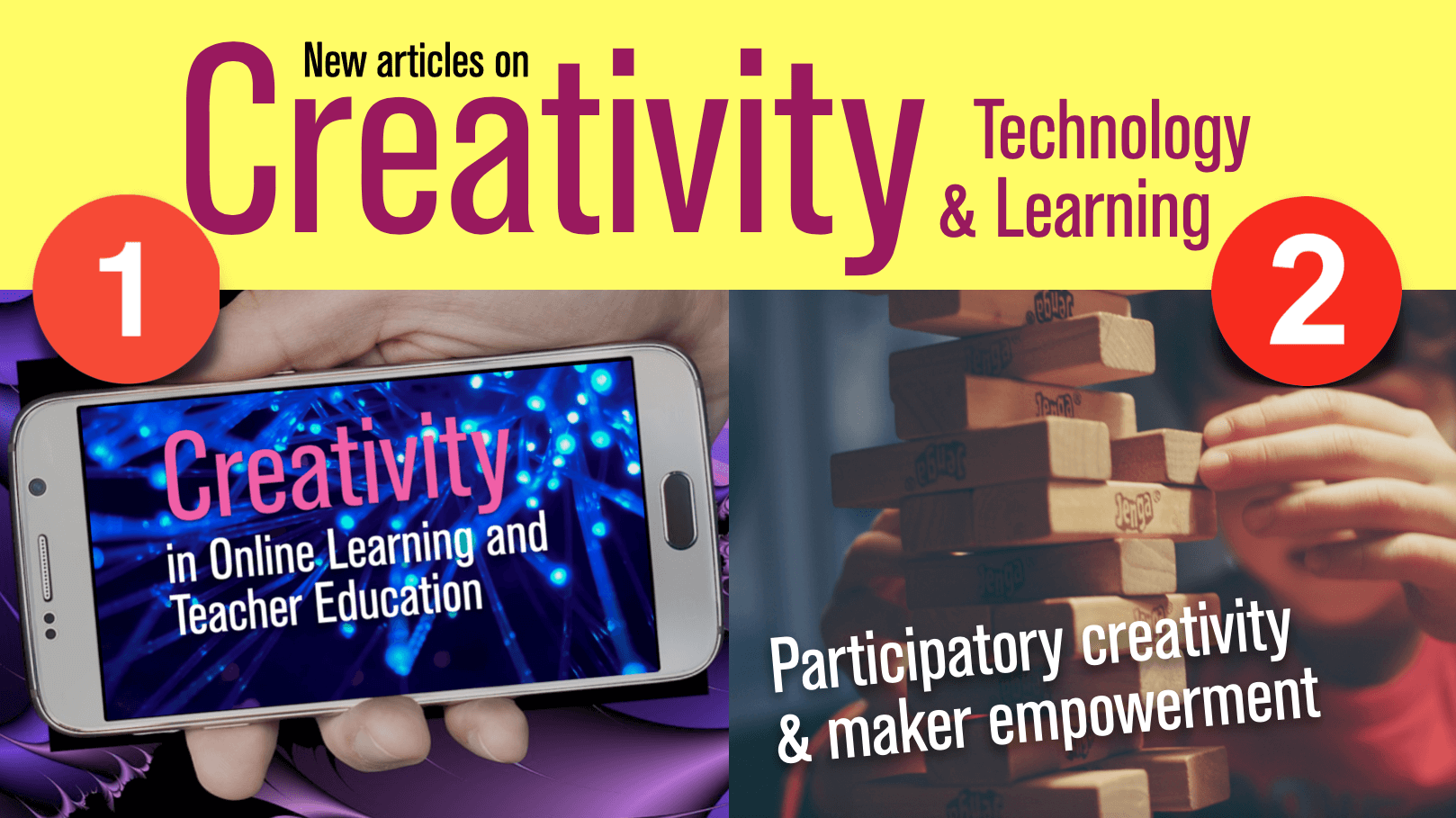Martin Amis was recently interviewed in Guernica (Amis Unfiltered, Santiago Wills interviews Martin Amis). The interview covered a wide range of topics, literature, Obama, and a fascinating digression on the relationship between food and national character! What caught my attention however, was a segment towards the end where he speaks of the civilizing effects of literature and in particular how the invention of printing (as a technology) and of the novel (as an artistic creation that emerged from that technology), could have been one of the key reasons for the dramatic “reduction of violence throughout the centuries.” Here is the key quote (though you should read the entire interview):
Look at Steven Pinker’s book, The Better Angels of Our Nature: Why Violence Has Declined. It proves beyond any shadow of doubt that violence has declined dramatically throughout the centuries. There are various reasons for it: the rise of the state, Leviathan, the monopoly of violence, children’s rights, animal rights. They’re all positive signs. But, he says, the one he puts his money on is the invention of printing, and, funny enough, the widespread appearance of fiction. He says this taught empathy (he doesn’t like the word, but he says there is no better one). If you read a novel, you’re in someone else’s head, in three, five different people’s heads. Suddenly, the principle of “Don’t do anything to anyone that you wouldn’t want done to you” becomes real in people’s minds. That’s a fantastic achievement if fiction is indeed partly responsible for it. That’s a great thing to be a part of. In the end, then, I don’t know if writers have legislated, but they have civilized.
Note: I discovered this interview by visiting 3quarksdaily (one of my favorite sites on the web).





0 Comments